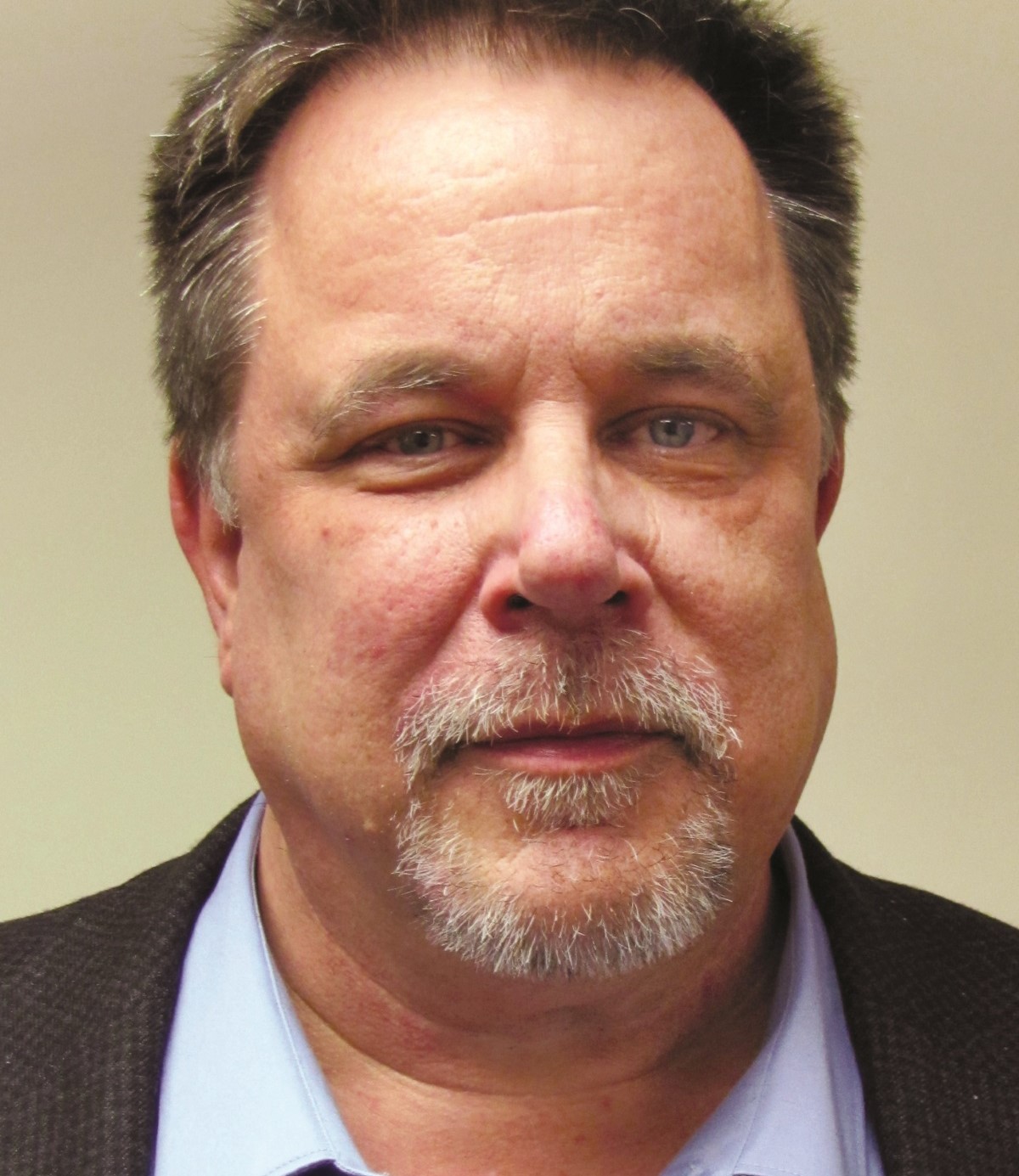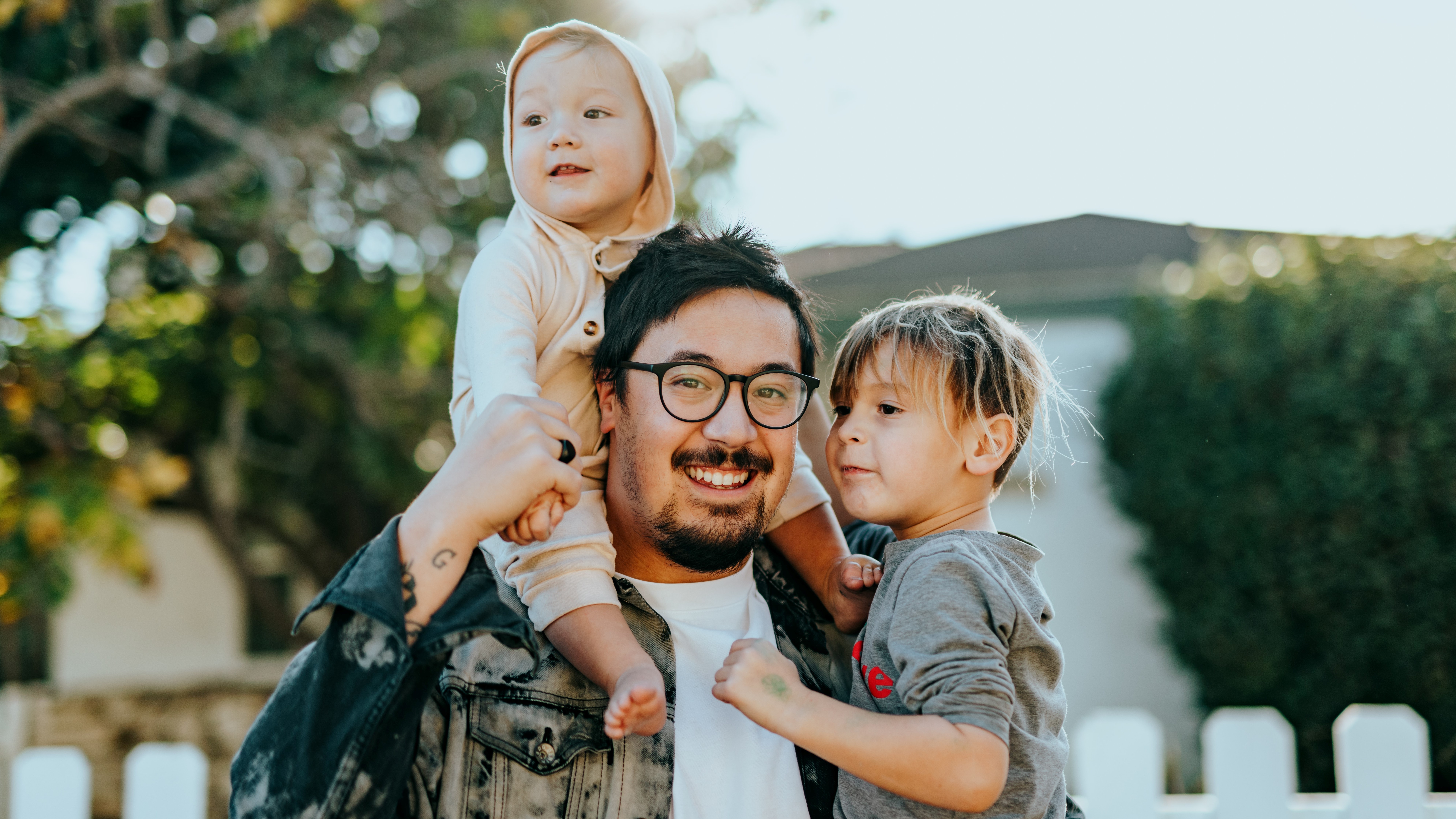More and more voices are speaking of a movement to end poverty. In Edmonton, where I sit on Mayor Iveson's Task  Force to Eliminate Poverty in a Generation, the fostering of a movement is front and centre on the minds around the table. There are nearly 60 communities today that are members of Vibrant Communities Canada – an example of movement building. Last month, our Cities Reducing Poverty Summit was a testimony to this growing movement. It was not only a forum for our political and community leaders;over 20% of the 350 people who attended were either people living with poverty or leaders from grassroots organizations. These were attendees who could not have been there without the support of funders stepped up to ensure their seats at the summit were free.
Force to Eliminate Poverty in a Generation, the fostering of a movement is front and centre on the minds around the table. There are nearly 60 communities today that are members of Vibrant Communities Canada – an example of movement building. Last month, our Cities Reducing Poverty Summit was a testimony to this growing movement. It was not only a forum for our political and community leaders;over 20% of the 350 people who attended were either people living with poverty or leaders from grassroots organizations. These were attendees who could not have been there without the support of funders stepped up to ensure their seats at the summit were free.
While in Edmonton, all 350 of us gathered to share, learn together, inspire one another, and network together about the growing number of cities, towns, and regions that are working to reduce, if not eliminate, poverty. These local efforts have been going on now for some time in many communities and many others are coming on board.
If you were not there, you missed an amazing three days. I know. "Amazing" and "poverty" are not typically juxtaposed, but the amazing part of the Summit was how serious and committed Canadians are today about ridding our nation of its worst disease: poverty.
Whereas poverty was once viewed to be limited jurisdictionally to the provincial and federal governments, cities are now not only involved in poverty reduction, they are leading the efforts. Sure, jurisdictional challenges still exist and require address, but the growing and promising emergence of cross government collaboration and alignment is, I suggest, unprecedented.
For me, the real impact of the Summit is about what's next, what we need to do together across the nation in our local communities to increase our impact, decrease poverty, and build a sustainable future where poverty eventually becomes a story we tell about the past.
So, what now? What do we bring back to our communities to build upon? How do we expand efforts to end poverty and its myriad manifestations? I wish I had the answers. I imagine you do, too. However, perhaps the key to moving forward is about getting our questions right. I have no doubt you have your questions, too, but here are mine, offered to you for your consideration and, I hope, your enhancements and additions:
- How Do We End Racism?
Racism is pervasive, divisive and is never constructive. It is what placed the Japanese in camps during the Great War; it is what gave birth to residential schools and the resulting intergenerational trauma experienced by so many; it feeds the ugly frenzy of hatred of Syrian refugees; it keeps people of colour, minority, religion and low income marginalized on the edges of community life and personal advancement. How do we not only help others to understand racism and its virulence but also help one another at the front lines ensure we are free of the biases and fears from which racism sprouts and grows? - What Is The Relationship Between Human Rights and Poverty?
This question sits at the core of what it means to be a human being in a civil society. It is a question that prompts us to see poverty as a betrayal of our rights as people and the clear obligations we have to one another to ensure we overcome our excuses to ignore our respective rights because of our loyalty to other considerations like the economy and affordability. How do we incorporate human rights into our collective work to end poverty and build caring, vibrant communities? How do we expand and deepen our understanding of what our human rights are, and the agreements Canada has made via the United Nations Charter about upholding them? How do we ensure that human rights of some cannot be sidestepped by others who have the power and the means to decide their rights and interests trump those without power and means? - What Are the Keystone Outcomes of Poverty Reduction?
This question invokes the work and thinking of Tamarack thought leader Jay Connor whose efforts to help community change in Erie, Pennsylvania revealed how some community outcomes, if achieved, have such impact that other outcomes are achieved in the process. His work showed that if children hit their grade three reading levels, they are far more likely to graduate from high school (another desired community outcome) than if they are reading below the standard levels. Housing First is another example of a keystone outcome. For so many, just having a safe, affordable, and stable place to live makes it possible to become more involved in community life socially, spiritually and economically.
The risk in our planning is that we create strategies and outcomes that represent an overall poverty-reduction effort that is a mile wide and an inch deep. What are those outcomes or game changers that, if addressed, contribute to the realization of other outcomes and aspirations? Is it housing and income? Is it, as alluded before, ending racism and discrimination? Early Childhood education? Finding the right questions is a necessary precursor to identifying desired outcomes and their resultant strategies. How might we work on this collectively within our communities but also as a Vibrant Communities network? - What Should Drive Our Criteria For Financial Decision-making?
We have all heard, and perhaps have even said things like: we can't do that. We can't afford it. There are limited funds to do this or that. Too often such comments – or excuses – are little more than situational rationalizations. Why is it that communities can afford to build hockey arenas or remodel civic institutions but cannot afford ventures that improve the lives of the marginalized? Why do budgets to fix potholes trump budgets to fix human suffering?
What should the drivers or principles that guide the financial decisions of our leaders be? What innovative, new ways can we create to finance human potential? Budgets do not make themselves. Those who set and control them make choices. They reference public opinion and political capital when doing so. What are the ethics that should be a part of our decision-making? Should we become loud voices for new criteria? Is there a role for activists in deepening the public's understanding of finances and funding as fundamental expressions of our humanity? How do we shake ourselves free from the facile notion that we can't afford human rights or better education and health systems, or can't afford to put an end to child poverty? - How Do We Change Ourselves?
All of us working to end poverty know, or at least intuit, the need to transform systems and policies, craft or discover significant or even radical approaches to bring about big changes to how we live together in community. Big ideas are not that difficult to come by. After all, how long has a guaranteed annual income been discussed by our governments? That old saying, the proof is in the pudding, rings true for me here. Big ideas – whether a new or transformed system, policy or program – require personal and professional change to become realities. How can we learn together to rid ourselves of our conscious and unconscious adherence to status quo behaviours that are not effective, or worse, perpetuate the problems we wish to overcome? How do we become more skilled at disruptive thinking and innovation? How do we give up power and authority in order to share it with those who have none? How do we change the environment that holds us, contains us, and too often stops us from creating a better one?
None of the questions above are about models or tools. The questions I have posed are not about the pros or cons of collective impact or community development approaches, or even funding reform. These questions and others like them require our attention. The answers that emerge can then inform the methods we use to deliver on them. I hope we can work together to add value to critical conversations and undertake the learning to achieve our common goal to turn poverty on its heels. I look forward to working with our Vibrant Communities members on these and other challenges and questions we face. We are better together than we are alone, hard as that may be at times. If you live in a community that is just starting its work on poverty reduction or want to be a catalyst to bring that work to life, I encourage you to contact me at mark@tamarackcommunity.ca to talk about how Tamarack can help.
Learn More:
- Check out the event resource library from Cities Reducing Poverty: When Mayors Lead
- Post your thoughts and responses to Mark's five questions at www.vibrantcanada.ca
- Learn more about membership in Vibrant Communities Canada: Cities Reducing Poverty





